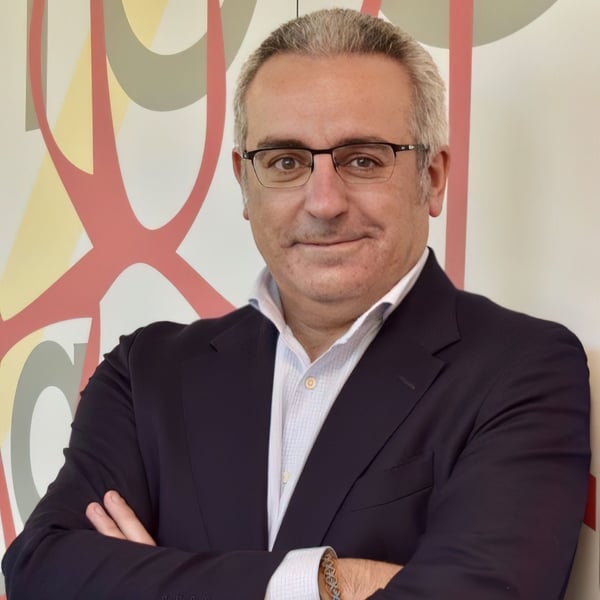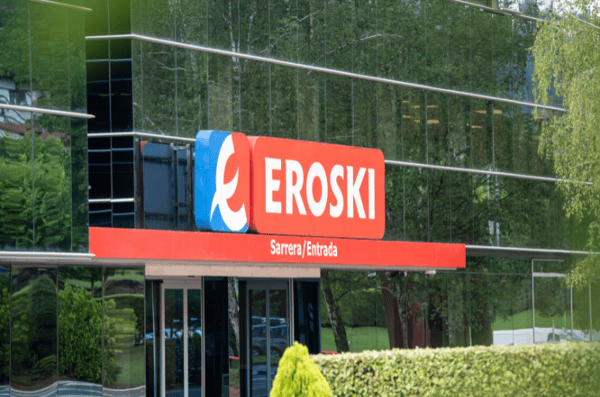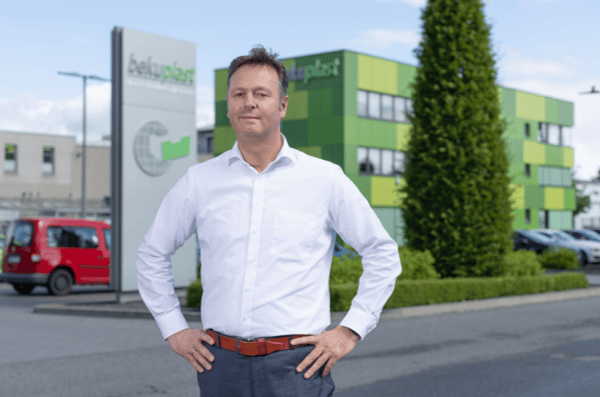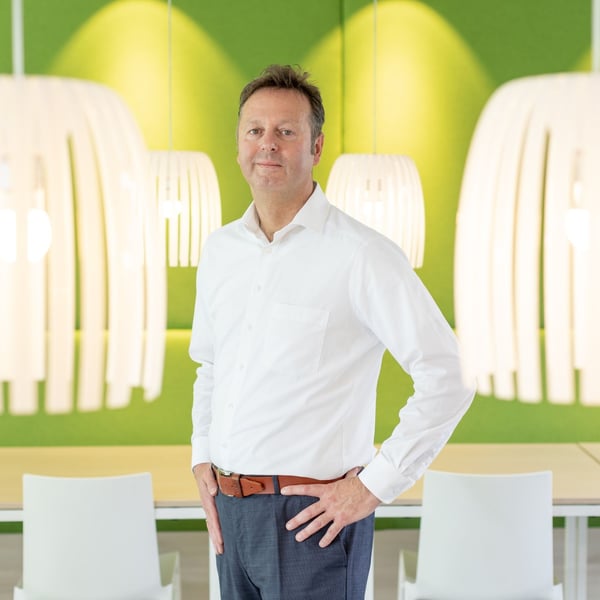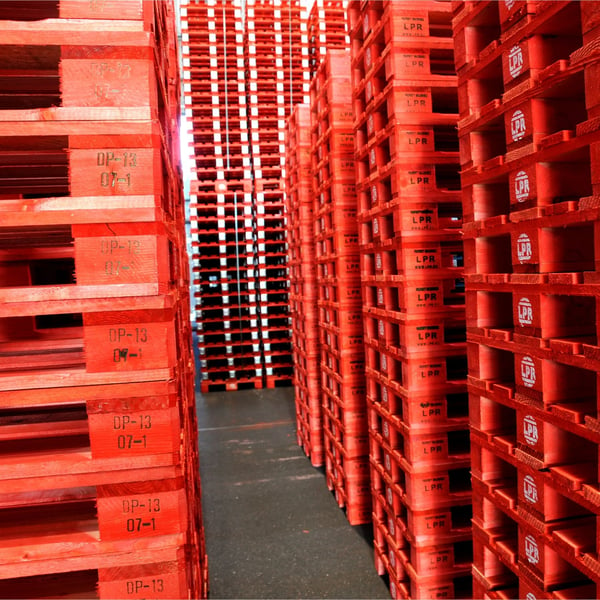Eroski is a leading Spanish retailer with over 1,600 locations across the country and more than 28,000 employees. The collaboration between Eroski and EPS started more than 25 years ago. Over the years, Eroski and EPS have developed a strong partnership and have been working together towards more sustainability impact in the value chain.
Eroski aims to be a net zero company by 2050. This ambition is part of the retailer’s 10 commitments on Health and Sustainability and aligns with the EU Code of Conduct on responsible food business and marketing practices. To support our ambition, we continue our commitment to further reducing CO2 emissions, reducing the use of plastic packaging, and moving towards zero waste and 100% recyclable packaging.
In 2021, we received our first Lean&Green star for reducing the carbon emissions in our logistics and transport processes by more than 25%. In this way, we avoided more than 25,800 tonnes of carbon emissions. We expect to achieve a reduction of 30% in carbon emissions in 2022, and we are working towards a reduction of 40% by 2023.
Working together with EPS contributes to achieving our sustainability targets, and more specifically it helps us to significantly reduce the carbon emissions in our return logistics. The benefits of EPS’s reusable packaging lie at the core of our partnership, and we have been further improving the return logistics model together. The circular business model of reusable trays has significant sustainability benefits compared to single use packaging of cardboard or plastics. At Eroski we use EPS trays for fruit, vegetables, meat, poultry, bread and bakery products.
